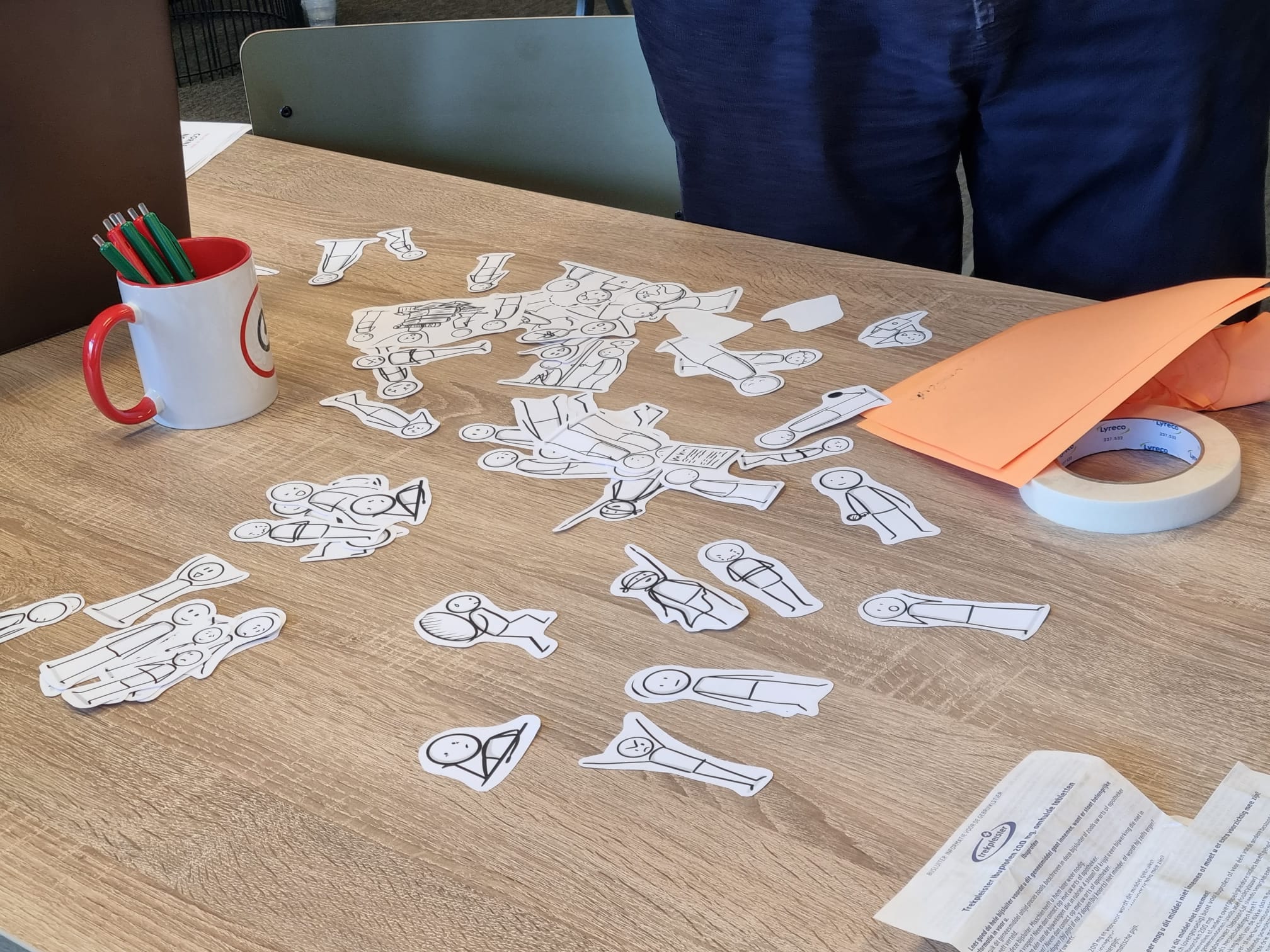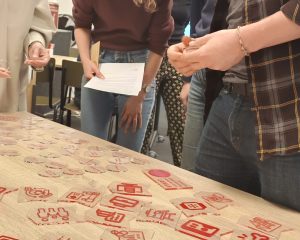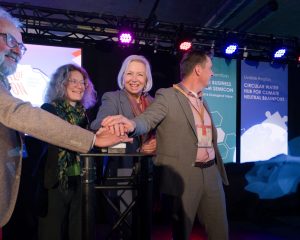The Low Literacy Challenge

Low literacy is a fundamental problem that is inhibiting almost two million (in the Netherlands alone) to partake to the fullest extend in the society as we see it today. Controversially to popular belief, of these two million people 1,3 million people are between the ages of 16 and 65. Meanwhile, this number is still growing! Thus, low literacy is not something of the past but definitely also of the future. People that are low literate can read and write but slow and on a very low level. They furthermore often experience problems with arithmetic and digital competencies. The lack of these basic competencies limits the ability of these people to actively participate in the community and society.
The low literate group Eindhoven Engine works with is also referred to as the NT1 group and consists of Dutch people (natives) who have difficulty with the Dutch language. The NT2 group is used with expats or immigrants (Dutch is not their first language) who have difficulty with the Dutch language. The need to help both groups and make sure they can participate in society is clear.
Eindhoven Engine is currently working hard to set up action-based research and experiments in consultation with the participants of this project (including Gemeente Eindhoven, Bibliotheek Eindhoven, stichting ABC, Hulan Games, and more). During previous co-creation sessions with these participants, three main directions were identified.
Focus point 1
First, the ‘finding’ direction. This direction is aimed at finding and retaining the NT1 group in the Eindhoven region. In addition, during the co-creation session it emerged that it is necessary to find out whether the people themselves feel like they are affected or not. Eindhoven Engine wants to start by clearly identifying where the people with low literacy are and what these people need to improve their basic competencies (reading, writing, arithmetic and digital).
Focus point 2
The second direction is the ‘motivate’ direction. This direction focuses on the ‘why are they not succeeding’ and ‘where does the motivation lie’. It is well known that people with low literacy make up stratagems for themselves to avoid expressing that they have difficulties with reading and writing. The question is how do we motivate these people not to use these stratagems and open themselves up to outside help.
Focus point 3
The third and final direction is the ‘help’ direction. This direction focuses on how we can help those found to be low literate improve their Dutch language skills. It is common knowledge that there is a severe shortage of teachers in both elementary, middle, and high schools. To teach 2 million additional people with low literacy, a lot of teachers are needed. The question here is: is the teaching method that is in place now (getting taught by a teacher on location) the right one, or are there other methods that may be more efficient and better? This could include looking at a ‘serious game’ from Hulan Games in which people are helped with the Dutch language online, in game form.
These three directions provide guidance for Eindhoven Engine and the above parties to get serious about reducing this social problem. However, we are open to other ideas and directions if you have them!
Whether you are a student, a young professional or a company that is interested in working with us on these problems contact Merel Notten, Project leader Inclusive Society at m.j.notten@tue.nl! We are always looking for enthusiastic students and companies to pick up these projects and turn them into something valuable.
Updates

Towards a more inclusive society to raise awareness of basic skills gaps

